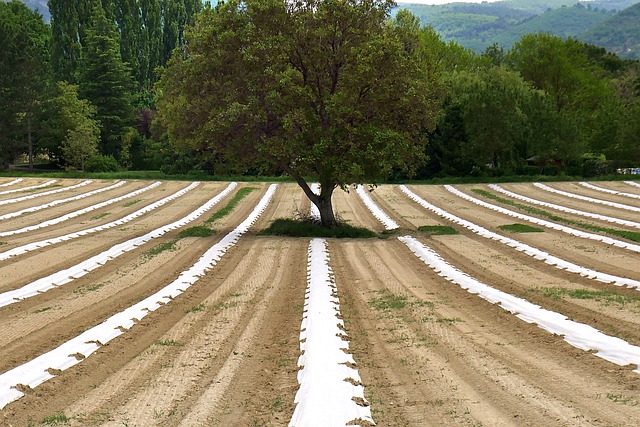INTRODUCTION
Agroecology is a term that can be evaluated in three different ways. It could be a scientific discipline, an agricultural practice, or a movement.
Also check out: Hydroponics – The Future of Agriculture?
AGROECOLOGY
This term is defined as an applied science that focuses on ecological procedures related to methods of agriculture production. It integrates ecological principles to improve agriculture production.
AGROECOLOGY FARMING
It is defined as sustainable farming that includes a variety of methods such as extensive or intensive farming, conventional farming, integrated farming, regenerative farming, or organic farming.
AGROECOLOGY MOVEMENT
It is a social movement that aims to produce food using a sustainable agriculture system.
AGROECOLOGICAL APPROACHES
The examples of agroecological approaches that work along nature are rainwater harvesting system, biological pest control system, nitrogen fixation method, application of natural fertilizers, green manures, minimum tillage, crop diversification, and livestock production in a sustainable way. These approaches intend to store carbon while providing protection to the forest ecosystem.
IMPORTANCE OF AGROECOLOGY
The importance of agroecology holds a whole new perspective. In order to overcome food shortage problems, less crop yield, and pest diseases, agroecology farming is an optimum solution. There are many benefits associated with agroecology.
1. Soil Health: By adopting this sustainable farming, soil health can be restored which is most essential for crop growth and production.
2. Food Production to Meet Demand of Growing Population: Food production through agroecology is nutrient-rich and free of chemicals as it involves the application of natural fertilizers. Food production through agroecology aims to provide enough food for the increasing human population.
3. Job Opportunities: Sustainable farming through agroecology creates job opportunities for people.
4. Economic Development: Agroecology can boost the economic development of a country by reducing the application of outputs such as chemicals, pesticides, etc.
5. Maintain Sustainable Ecosystem: Sustainable farming promotes natural habitats such as wetlands, forests, mangroves, etc.
You might also be interested in: What is Biodynamic Farming? – Methods and Advantages and Biodynamic Farming Benefits and Importance for Environment.
IMPACT OF AGROECOLOGY ON THE ENVIRONMENT
Agroecology aims to reduce the negative consequences of climate change on the environment and agriculture and improves the ecosystem.
1. Helps in Ecological Services: It improves the ecosystem services that involve pollination.
Check out: Pollinator Decline of Bees – Causes, Effects and Solutions
2. Protection Against Climate Change: It is considered the most favorable option for changing climate that brings extreme weather events. Crop production through agroecology could bear the brunt of changing climate.
3. Provides Natural Pest Control: This farming system through beneficial ecological processes provides natural pest control.
4. Improves Water and Nutrient Cycling: Sustainable farming improves water and nutrients cycling. The use of natural fertilizers supports natural soil biota.
5. Protects Soil from Erosion: The agroecological approaches provide protection to soil against erosion. To know more about soil erosion, read: Soil Erosion and Degradation – Causes, Effects, and Solutions.
CONCLUSION
As climate change is stressing and damaging global food production, soon the world would face a food shortage. The world needs sustainable methods that would not only improve the quality of life on Earth but wise utilization of natural resources. Old methods of food production need modification and this is possible through agroecology farming that incorporates ecological processes.
Also check out: Sustainable Agriculture Practices and their Advantages
I hope you all liked this post! Please comment below if you have any suggestions, comments, or feedback! We at #envpk love hearing from our readers! Thanks!





1 Comment